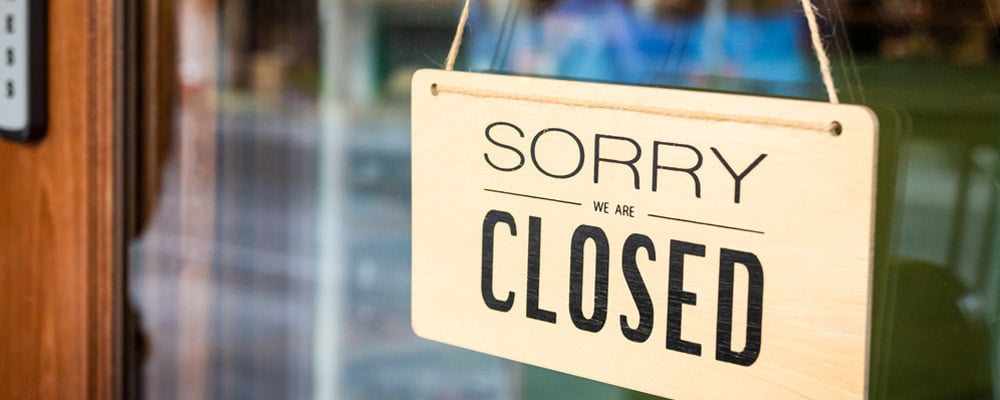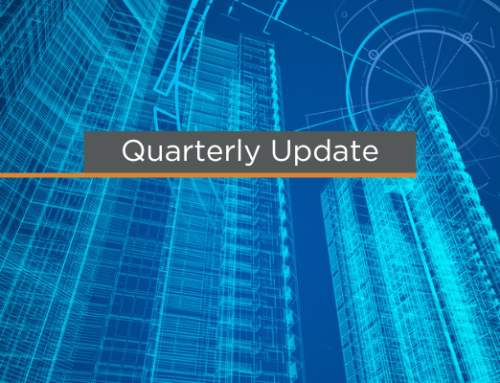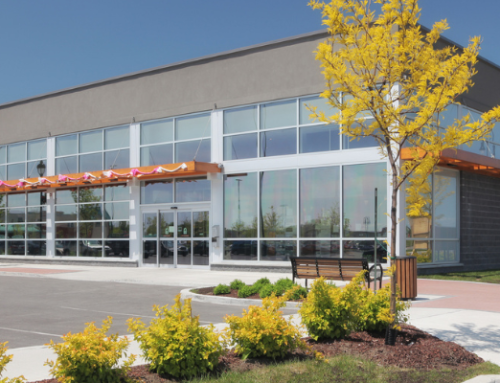Sudden business disruptions, closures, and stay-at-home orders are becoming common across the United States. Real estate is getting hit hard, and from different angles. Restaurant, retail, and hospitality tenants are being forced to close or substantially reduce their operations. This brings into question of whether nonperformance in real estate contracts is triggered by the novel coronavirus – read more about that topic in this recent blog post.
Beyond contracts, real estate is being disrupted by:
- Workforce shutdowns
- Interruptions to the supply chain
- Decreased consumer spending
- Hard-hit stocks and plummeting shares
- Lower leasing, sales, and investment activity
Some real estate experts believe that second quarter leasing will be negatively impacted, and that some hotel projects will be stalled or abandoned. Industrial real estate is also likely to be impacted, as supply chains are slowing and, in some cases, disappearing temporarily. And retail store expansions are very uncertain, with some shoppers perhaps shifting more to an online-based platform going forward.
Adding to the uncertainty is that until a coronavirus vaccine is developed and fully deployed, social distancing measures will probably occur in waves over the next 18 months or so. The real impact to real estate will probably be felt on a state or regional basis; Florida, as an example, has an economy dependent largely on tourism with a high population of elderly residents. These two segments are among the highest risk when it comes to coronavirus. In Virginia, shopping is a huge tourist attraction, and this is a sector that is already feeling the hit of lower foot traffic.
Despite the doom and gloom, there is hope. According to Steve A. Meade, Partner with Newport News-based law firm Patten Wornom Hatten & Diamonstein, “banks have money available and are willing to work with their borrowers and customers. This is a distinct difference from the 2008 recession where some banks were actively dumping borrowers, even with fully performing loans and no delinquency history, to reshape the bank’s portfolio.”
Steven recently shared his thoughts with Jennifer French, Partner and Leader of the PBMares Construction and Real Estate Team, on how he believes commercial real estate in Virginia will be impacted in the short- and long-term.
—–
Q: Are courts still open for real estate business?
A: Most courts are still open (as of March 25, 2020) and accepting normal real estate and business-related filings, such as deeds, deeds of trust, and UCC-1s. Some have drop-box arrangements, while others still allow walk-in service (limiting the number of people at any one time). So the real estate business is still getting done.
Q: What about lending?
A: Institutional lenders are still working, and we are still closing financing deals. Market-backed lending is much more difficult to predict and many of those deals seem to have been shelved until there is more clarity or stability in the markets.
Q: Are courts taking alternate measures?
A: E-filing seems to be working for the courts who have elected to implement that prior to the crisis. Unfortunately, it is erratic on which courts may be participating so not a major impact overall.
This is one area where I suspect the Commonwealth may push more required participation on the localities once we are through the crisis.
Q: How are local governments handling commercial real estate business right now?
A: County and City governments are still working hard to keep procedures working for citizens and businesses. Although most are working remotely or behind locked doors, they are flexible on calls, video-conferencing, and (of course) email communications to keep projects moving. I have been happy with how the localities are making themselves available and willing to consider different ways to get projects, reviews, and approvals done.
Q: What does the situation look like long-term?
A: The economy was strong with a lot of liquidity prior to this health crisis. There will be investors and deal-makers with funds available and pent-up demand to get deals done and there will be opportunities for deals to bounce back in the real estate market once the health crisis peak is passed.
—-
The effect of the public health crisis will be felt for some time to come, and it’s still unclear what the outcomes will be. When real estate and other industries recover, expect an uptick in more well-thought out disaster recovery and business interruption plans, something every business should have but few actually deploy.
Do you have questions for Jennifer or Steve on the impact of coronavirus on real estate and construction? Send a message here.





